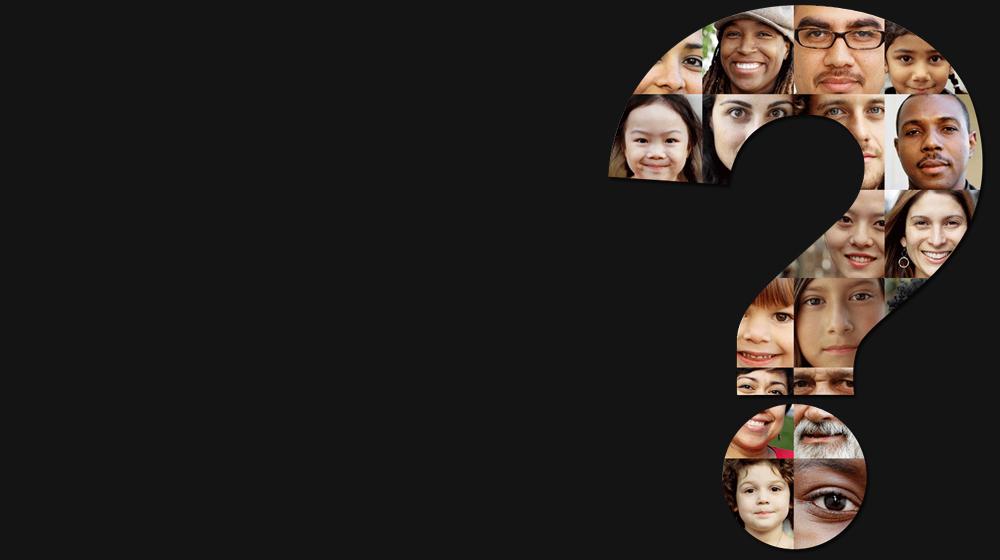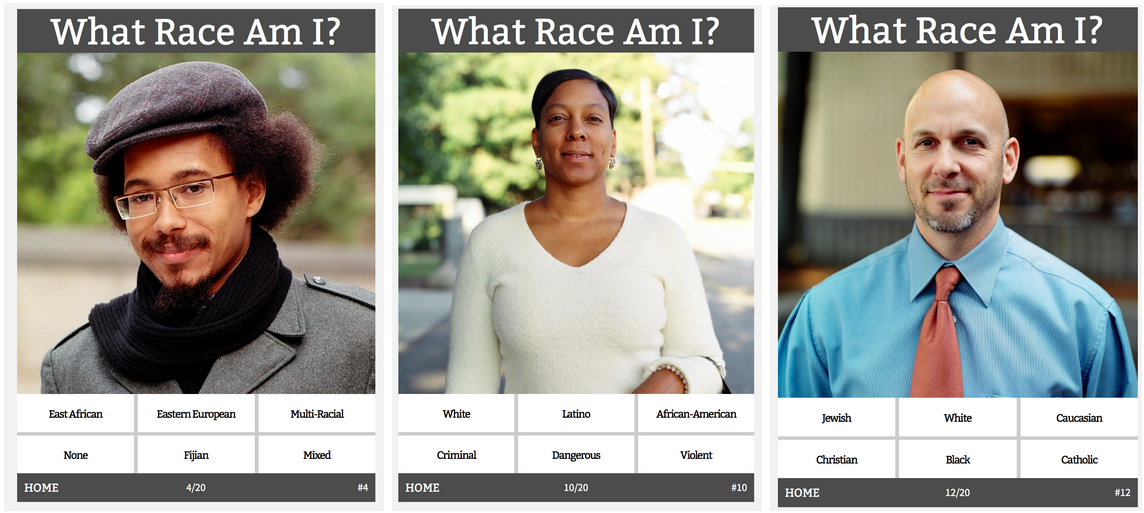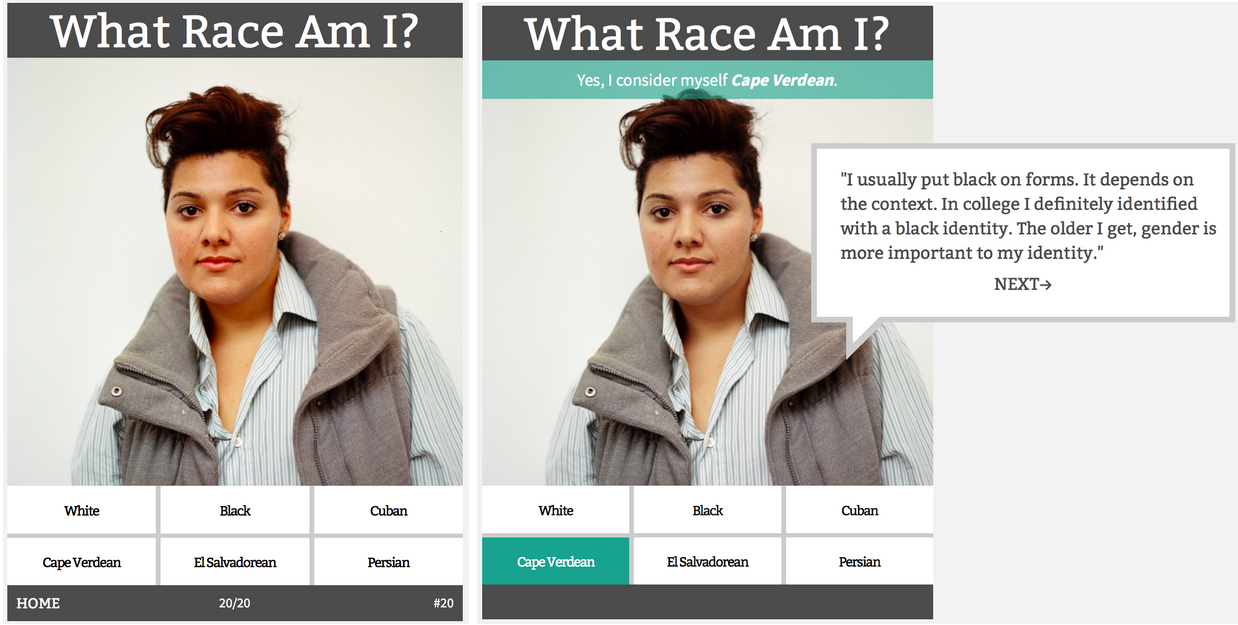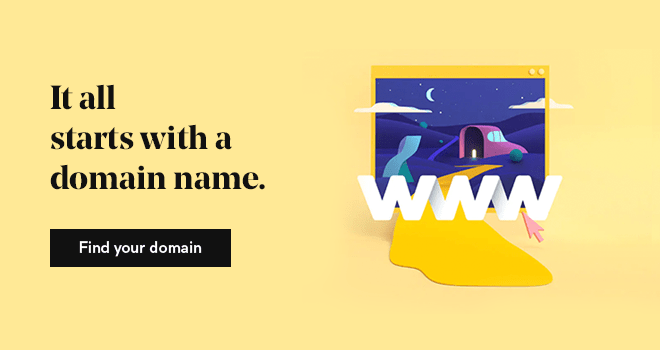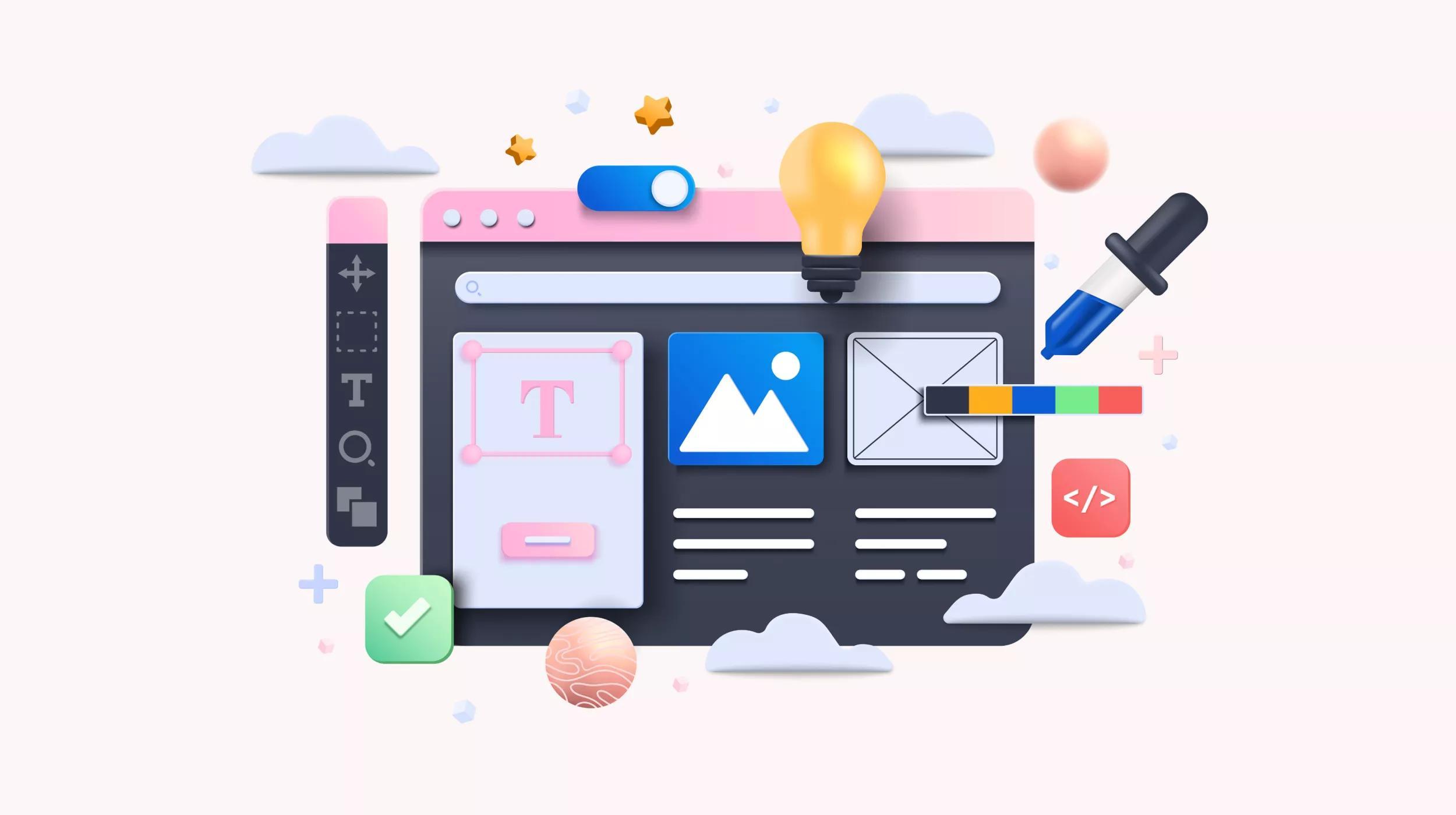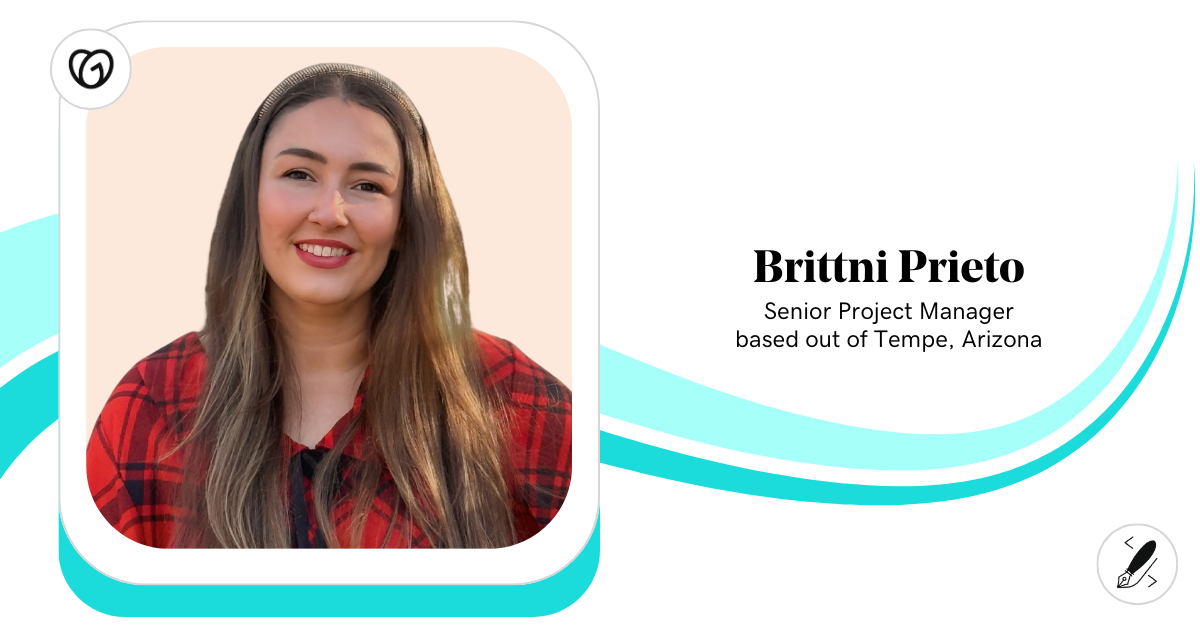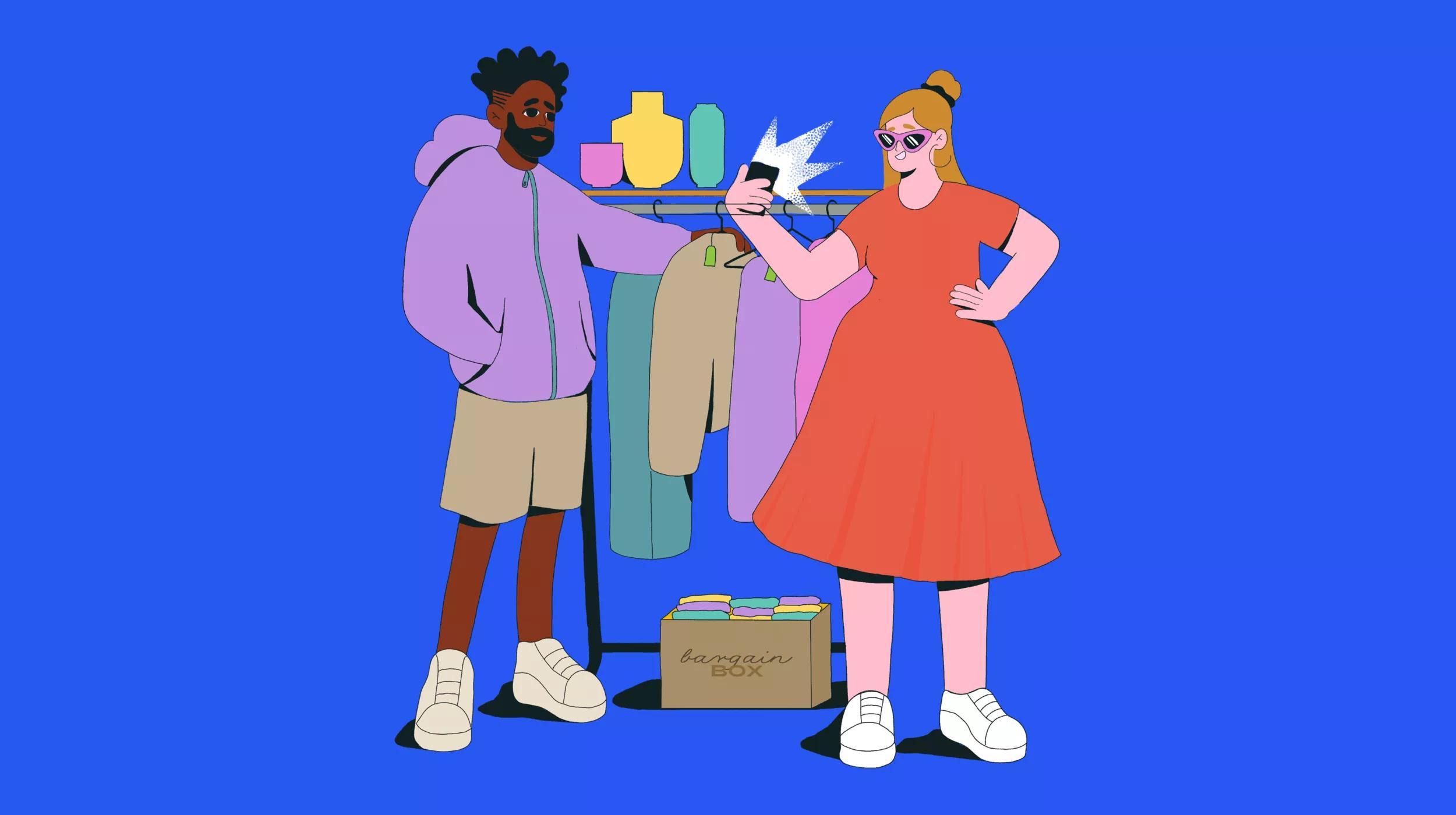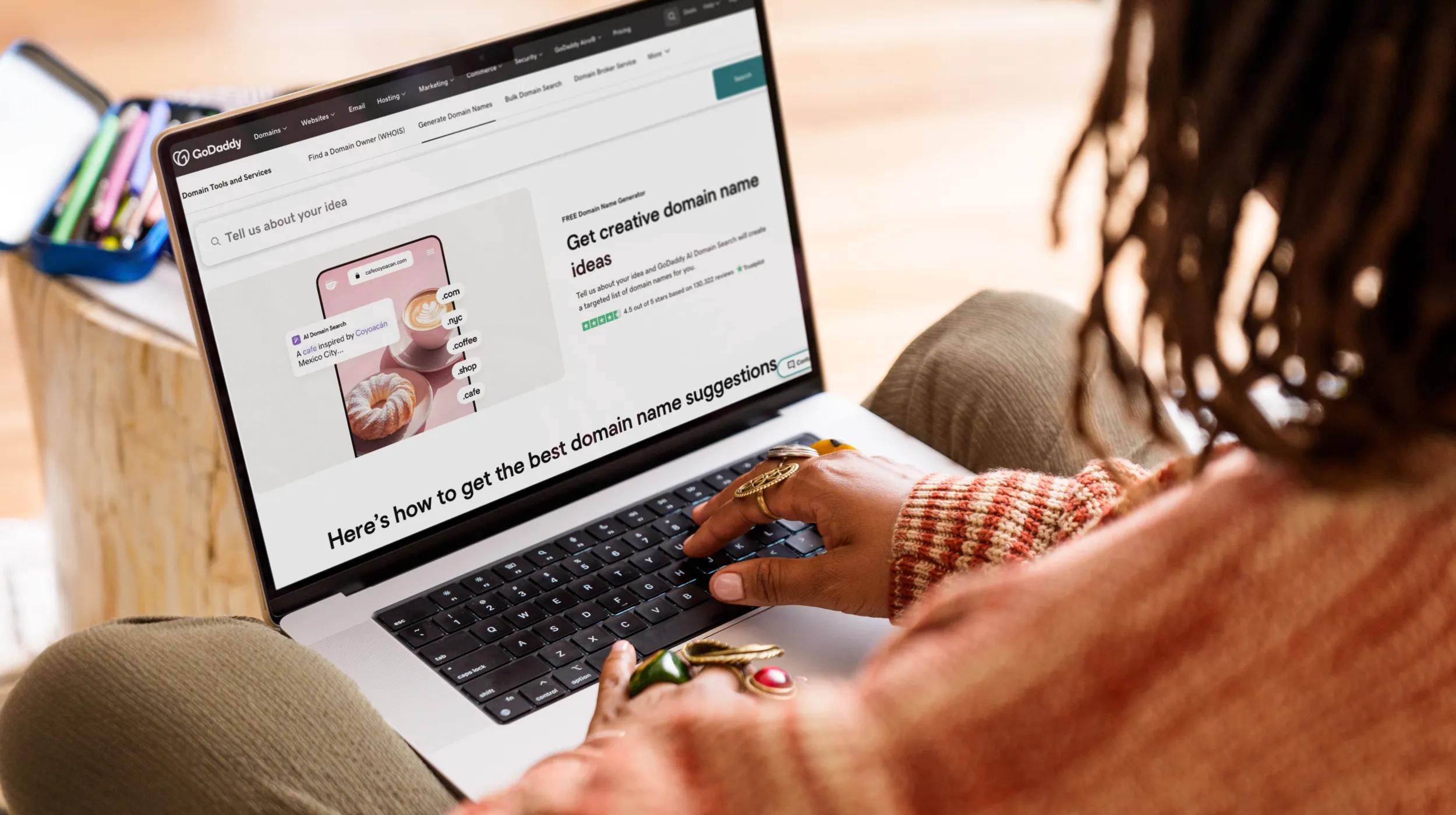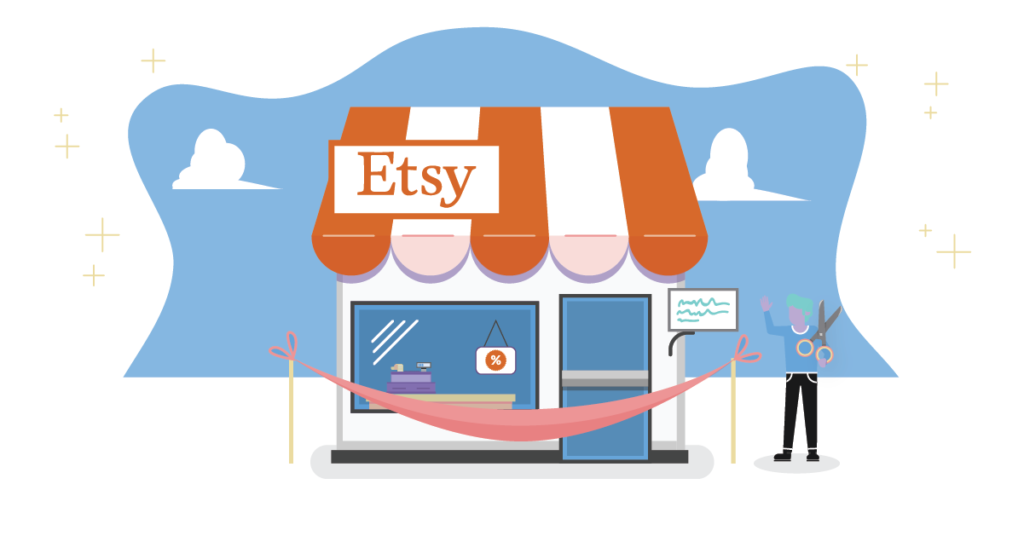Editor’s note: I met Interactive Diversity Solutions CEO Michael Handelman, 41, at a tech networking event in Phoenix a few months ago — and I couldn’t wait to learn more about his innovative company. He’s using technology to make a difference in the workplace and beyond, tackling the tough issue of race with an engaging, web-based tool — (Don’t) Guess My Race — designed to illuminate biases and turn them on their ugly heads. Check out what Michael had to say about building a business with real social purpose.
Q: What's your guiding business philosophy?
A: Leverage technology to create high quality, unique and important content around issues of race and diversity.
Q: What inspired you to start Interactive Diversity Solutions?
A: About five years ago I was talking to a good friend of mine from college, Michael Baran, who at the time was teaching anthropology and writing at Harvard. He was frustrated that his research and work about new ways to think about race and identity were limited to his classes. He wanted to have a wider impact, since race is such a pervasive and important issue.
Although my work was reaching millions of kids, I really wanted to do more ‘serious games.’
Talking with Mike about his ideas about race really opened my eyes. Most white people don’t bother talking about race at all since they don’t have to, or are afraid to say the wrong thing, and often times when people do end up talking about race, discussions get emotional and people talk past one another. As a society, we get stuck, and that’s just not right. So I headed out to Boston where Michael and I hashed out some ideas for collaboration, one of which would be the seed for the current business.
Q: What first steps did you take to launch the business?
A: After working through the idea and developing it for about nine months, we launched a mobile iOS app, called Guess My Race. It got a ton of great press, was a finalist for a Games for Change award, and was featured on iPads in several science museums.
In the meantime, we made another app for parents and educators to talk to kids about race, called Who Am I: Race Awareness Game, since that’s another huge issue that’s not properly being addressed.
For the first two years, we mostly just gave the apps away for free since we really wanted people to play and had no business plan. It wasn’t until around two years ago, when we were approached by a corporate diversity officer who said that Guess My Race was exactly the type of diversity tool that he was looking for, did we realize we could turn it into a business. He said he could sell it right away to a bunch of huge corporations. We were super psyched — if only it was that easy.
Q: What obstacles did you face as a startup, and how did you overcome them?
A: After we got word that the app had potential in the corporate market, we converted the app into HTML5 to enable it to run on browsers, and entered into a partnership with a diversity inclusion group. It was an exclusive relationship, which in hindsight was a mistake because they basically just sat on it.
We realized that we had to be more careful about partners.
We also realized that we needed to add a lot of features and improvements to make Guess My Race a more robust offering. Since we both have other jobs and are self-funding the company, we’ve been very deliberate about spending money and time. Plus, we really didn’t know what we were doing in terms of marketing and business (we still have a lot to learn).
We now have some fantastic partners with tremendous experience and connections, who really understand the value of the program and are out there selling it. It’s only in the last few months that we’ve relaunched the program and are really going for it. Looking back, I wish we had pushed harder a few years ago to speed things up.
Q: How did you identify your niche in the market?
A: The short answer is we just made something important and fell into the business aspect. But once we realized we could make a viable business, we researched existing online diversity training programs and quickly realized that most are pretty awful; some even reinforce stereotypes.
We knew we had something unique and effective.
Especially in the past year, as companies are realizing the importance of talking and learning about issues around diversity, we feel we have something that’s uniquely positioned to fill a pressing need.
In addition to the corporate space we also sell a version tailored to the educational market (eddontguessmyrace.com). It’s used in college classrooms and for diversity programming and events, so that’s a big market for us. Teacher training and diversity training for medical practitioners are two more areas where our program is used. And we just met with the director of the National Initiative for Building Trust and Justice — a Department of Justice-sponsored program in charge of trying to fix the policing issues with minorities that have been blowing up — who is really excited about using (Don’t) Guess My Race with the police force in their pilot initiative.
Q: What are the goals for your business?
A: We aim to be the leader in innovative diversity training software.
Q: Tell us about your business model.
A: Since our program is very cost effective for large corporations, we’re pushing for high-volume deals. We include in-person seminars to help lead discussions around the program for companies that want that. For educational markets where the budgets can be tight, we really work with schools to try and fit within their budget. We don’t like to say ‘no.’
Q: What three words epitomize success in your book?
A: Justice, growth, innovation.
Q: What strengths do you bring to the table as an entrepreneur?
A: I think it’s my commitment to high-quality content. As opposed to coming at it from the marketing side, I’m all about the value of the experience.
Q: What’s the most valuable lesson you've learned since starting your business?
A: If you have something you believe in, then just keep at it. There’s going to be ups and downs, but if something is worthwhile it will work out. And if you have a business partner it’s really important to get along well; there’s a lot of give and take. I’m really lucky.
Q: What's your best advice for other entrepreneurs?
A: It’s an enormous amount of time and effort to start a business so it better be something that you want to do — and hopefully something that helps people as well.
To join the conversation, connect with Interactive Diversity Solutions on Twitter and Facebook.
